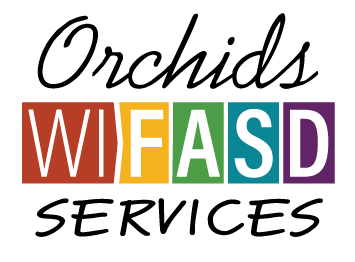Transitions
The Issues
- Asking current providers to identify on-going needs and make referrals to continue needed services if this provider’s services have an upper age limit – identify age limits and start referral process 1-2 years ahead of age limit
- Management of Care – identifying needs and coordinating services/providers
- Application and eligibility for adult services – SSI, Long Term Supports
- Residential and daily supervision
- Adult Guardianship – why, when, how
- Adult self-care and safety. Supported decision-making
- Adult school or training programs
- Work
- Social skills and Community participation and safety
HEALTHCARE TRANSITION – Caution! Following guidelines that intend to prepare youth to manage their own healthcare may NOT be appropriate or possible for many people with FASD.
- Supporting the Health Care Transition From Adolescence to Adulthood in the Medical Home American Academy of Pediatrics
- Six Core Elements of HealthCare Transition
- What Youth and Families need to know about transition
RESIDENTIAL AND DAILY SUPERVISION
- Life’s Journey – Canadian residential program for adults with FASD
TRANSITION OUT OF CARE FOR FASD YOUTH
TRAINING NEW STAFF
Lifeguard Strategies for Supporting Teens and Adults with FASD
Print out pages 10-17 of this booklet and have the person with FASD circle the things they want their staff to know about them.
SOCIAL SECURITY AND LONG TERM SUPPORTS
Support Adults Living with Fetal Alcohol Spectrum Disorders in Achieving Community Integration – A Complex Task – An MSW clinical research paper by Lyndsay Gomos.
